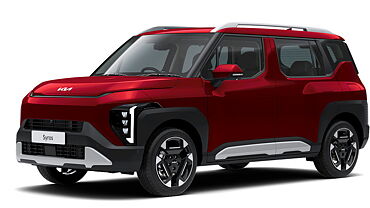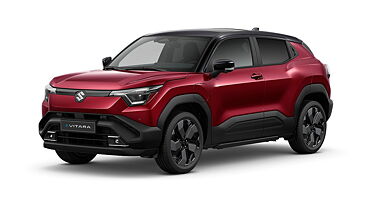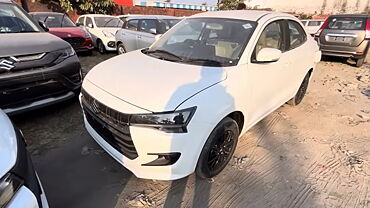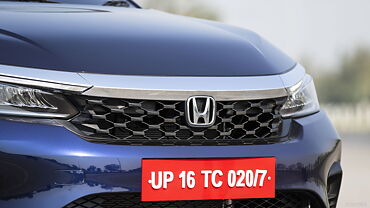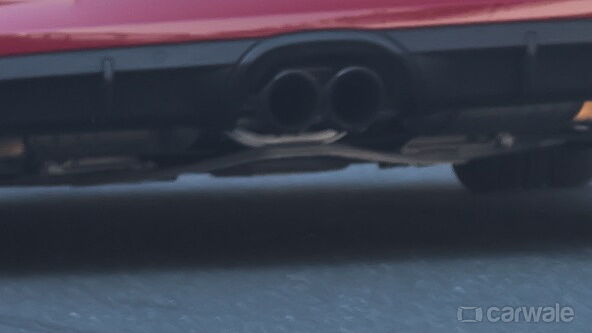
The Society of Indian Automobile Manufacturers (SIAM) has welcomed the government’s decision to move over to BS5 emission norms by 2019 but says that the implementation of BS6 norms during the period 2021-2022 is unrealistic.
In an official statement, Vinod Dasari president, SIAM, said, “Upgradation to BS5 norms would reduce the pollution levels from the four-wheeler industry by 80 per cent in terms of PM 2.5 (particulate matter) for HCV (heavy commercial vehicle) and 90 per cent for passenger cars and NOx will be reduced by 60 per cent and 64 per cent respectively, thereby, making huge contributions to the ambient air quality of Indian cities. We are happy that SIAM’s recommendation to advance the BS5 timeline to 2019 has been accepted by the Government.
“However, for the country, in order to switch over to BS5 norms, the requisite 10 PPM sulphur BS5 fuel will have to be introduced by the oil companies by 2019 across India before the new technology vehicles are introduced. In case of unavailability of the requisite fuel, use of BS4 fuel might damage the engine as well as the after-treatment devices fitted in the new vehicle. Also, this might vitiate the new technology benefits and the expected improvements in air quality. If the vehicle and fuel is not compatible, the higher emission norms cannot be met.”
With reference to the upgradation to BS6 norms by 2021/22 as proposed by the Government, Dasari said that intense discussions have already been held with various ministries over the last six months. SIAM has highlighted the challenges versus the benefits of advancing the BS6 norms from the AFP Committee’s recommended date of April 2024.
They have proposed that the BS6 norms can be advanced to 2023 by compressing the technology development time by one year. Any further advancement of BS6 norms will neither be technically possible or advisable due to the extensive testing and validation of the technologies. Technology providers have also expressed their inability to provide fully validated BS6 solutions for all types and models of four wheelers before 2023.
Introducing technologies without proper validation and testing on the Indian roads will raise questions on several safety issues- such as car fires which can endanger human lives and significant risk that should be avoided at all costs.
Moreover, BS6 emission norms will not make any significant improvement in the PM 2.5 emissions in cars as there is no change in PM at BS6 level and only incremental 10 per cent reduction in HCV at BS6. Therefore, for the BS6 level, it would be far more appropriate to have a realistic timeline from the safety point.

